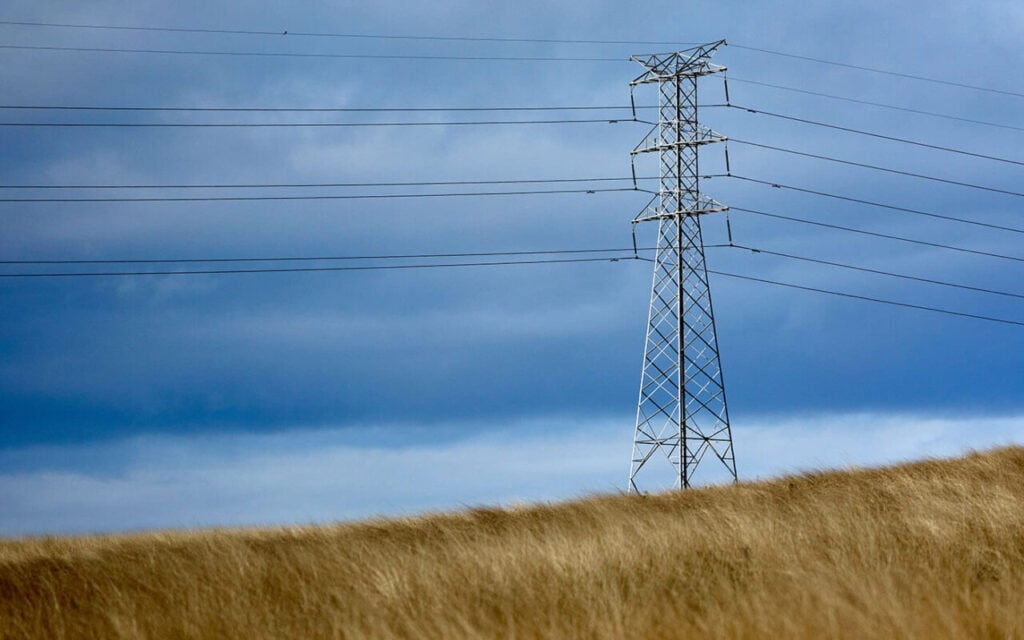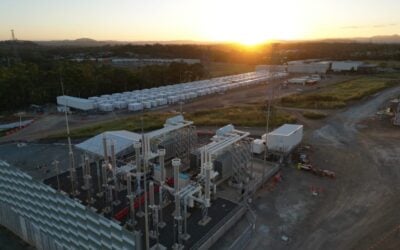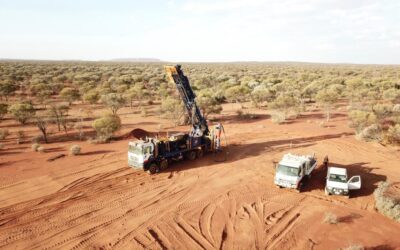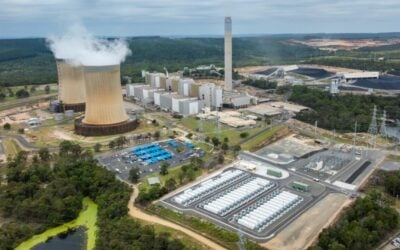
The New South Wales government has officially launched the Energy Security Corporation (ESC), a state-owned green bank with an initial funding allocation of AU$1 billion (US$640 million).
This initiative is designed to accelerate the development of renewable energy infrastructure, with a strong focus on large-scale energy storage and renewable energy projects.
The ESC operates as a government-backed investor, co-investing alongside private sector partners to address critical gaps in the energy market. By targeting areas that require additional financial support, the ESC seeks to fast-track the state’s energy transition and bolster grid reliability.
Investment Mandate: A focus on energy storage
As reported by Energy-Storage.news earlier this year, the ESC will invest in short to long-duration energy storage (LDES) projects as part of its first Investment Mandate.
Try Premium for just $1
- Full premium access for the first month at only $1
- Converts to an annual rate after 30 days unless cancelled
- Cancel anytime during the trial period
Premium Benefits
- Expert industry analysis and interviews
- Digital access to PV Tech Power journal
- Exclusive event discounts
Or get the full Premium subscription right away
Or continue reading this article for free
Specifically, the ESC will accelerate investment in renewable energy assets, including large-scale battery energy storage systems (BESS), community batteries, pumped hydro energy storage (PHES), and virtual power plants (VPPs).
The Investment Mandate will also cover projects that upgrade infrastructure to ensure the smooth operation of the grid and support the uptake of consumer energy resources in households, businesses, and the community, such as VPPs.
Government vision for energy security
The New South Wales Minister for Climate Change and Energy, Penny Sharpe, emphasised the importance of the Energy Security Corporation in securing the state’s energy future.
“The corporation will collaborate with the private sector to plug investment gaps, ensuring we keep the lights on and prices down for New South Wales residents and businesses,” Sharpe stated.
The ESC was established under the Energy Security Corporation Act 2024. According to its official website, the organisation will invest between AU$25 million and AU$150 million per project.
The state’s ESC will result in an overall expansion of private sector renewable energy investment in New South Wales, similar to how the Commonwealth’s Clean Energy Finance Corporation (CEFC) has expanded total renewable energy investment across Australia.
Cheaper Home Batteries Program launches
In other news, the Australian government has officially launched its AU$2.3 billion Cheaper Home Batteries Program, a subsidy scheme that aims to reduce the upfront cost of home energy storage systems by 30%.
The programme was first announced in early April in the lead-up to the 2025 federal election, which took place on 3 May and saw Anthony Albanese’s Australian Labour Party win a second term in government.
According to a government announcement, the discount, offered via a rebate, will be based on the usable capacity of the home BESS and will gradually decline through to 2030. This could help households save around AU$4,000 on a residential battery storage system.
The discount will typically be available via solar and battery retailers and installers. It will be accessible through the existing Small-scale Renewable Energy Scheme. Small businesses and community facilities can also access the subsidy, with support for up to 50kWh of batteries sized up to 100kWh eligible.
Tim Buckley, director of think tank Climate Energy Finance (CEF), who spoke exclusively with ESN Premium ahead of the launch of the scheme, believes it will likely make Australia a “red-hot market” for new energy storage systems and help build out local supply chains.
More information on the Australian government’s Cheaper Home Batteries Program can be found on the official website.
Our publisher, Solar Media, will host the Battery Asset Management Summit Australia 2025 on 26-27 August in Sydney. You can get 20% off your ticket using the code ESN20 at checkout.





